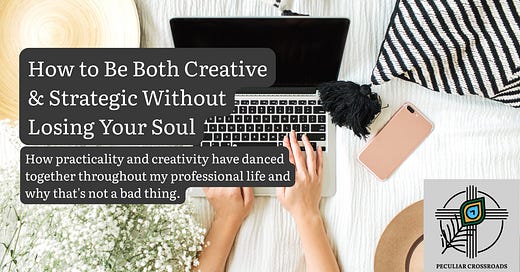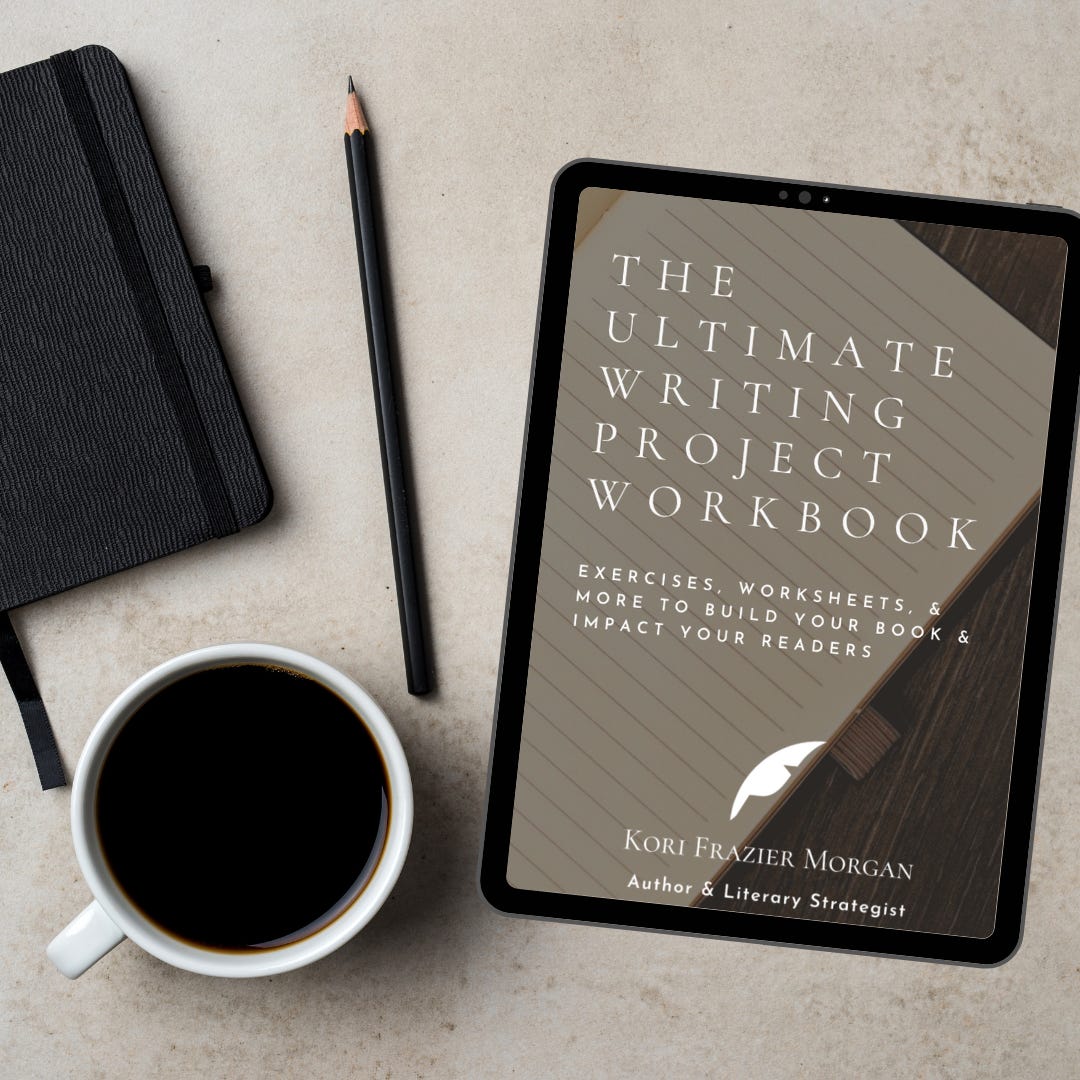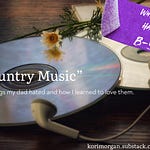I’ve always been a writer. But I’ve never been only a writer.
Creativity and practicality have shared a desk in my life for as long as I can remember.
When I made my initial visit to Ohio Northern University, where I went to college, I met the head of the English department. We sat at the long desk in his office, the same one I’d sit at four years later as I discussed graduation requirements with the faculty member who replaced him when he retired. I told him I aspired to major in creative writing and be a novelist.
He raised his eyebrows but still displayed a kindly expression behind his glasses. That was a fine goal, he told me. However, one of ONU’s values was career preparation, and the department was obliged to help students augment artistic ambitions with something, well . . . marketable.
That was how I ended up with a professional writing major too.
I wasn’t interested in doing this at first. Being a blogger or working in desktop publishing (this was 2003, and social media and internet marketing barely existed) was a distraction from the real work I wanted to do.
Fortunately, this changed. I liked the professional writing classes so much that I took all of them, not just my degree requirements.
Of course, I was still writing fiction. But I was also writing rhetorical analyses of media, learning about editing and publishing, and serving as the editor of the university web magazine.
After graduation, I went straight into my Master of Fine Arts program in creative writing. For three years, I would devote hours to improving my craft, attend workshops led by award-winning authors, and build relationships as I critiqued and received feedback on my colleagues’ work.
Oh, wait. There was one other thing too.
I had to teach classes.
There was a catch, you see. To afford my MFA, I had to take on an assistantship.
It was like living a double life. Three mornings a week, I showed up on campus in a pantsuit with a briefcase and lesson plans, ready to show freshman composition students no mercy. (I also wore ties on occasion.)
Then, I’d be back on campus two or three evenings for my own classes. If I was lucky, I got to go home and change my clothes. One time, one of my students saw me in the wild wearing jeans and a hoodie as I waited in the hall for my workshop to start. He approached me in astonishment.
“Ms. Frazier?!” he said with quiet awe.
“Yep. It’s me,” I said. “I’m a student, too, you know.”
There are many other examples of times when being a writer has required me to wear additional hats. I spent three years in marketing, multiple years as a content creator for various educational publications, and additional stints in academia.
Now, though, I deal with a different kind of dual role.
If you’ve been hanging around here awhile or following me elsewhere, you know that my dream of college came true. I’m the author of two books—a novel, The Goodbye-Love Generation (which started its life as my MFA thesis), and an essay collection, Why I Dyed My Hair Purple and Other Unorthodox Stories, which debuted in January.
But guess what? When you publish a book, it doesn’t mean you’ve arrived. It isn’t your ticket to creating all day long without interruptions.
You still have to be a writer and other things.
At this point, you’re probably like, “Well, duh, of course.” But you’d be surprised at how many people don’t understand that.
I know this because my other role is that of an entrepreneur who works with authors.
I talk primarily about my writing on this account, so you might not know I run a business called Inkling Creative Strategies (yes, it’s named for those Inklings). My mission is to help writers reach their full creative potential so they can impact and inspire readers.
I do this through a variety of services for writers, from coaching to developmental critiques of manuscripts to line editing and proofreading. As a bonus, I typeset books for independent authors and have helped upwards of nine or ten people get their books out in the world.
Inkling was founded after a period of profound seeking of God during that illustrious year of 2020. I realized that all those skills I’d amassed since college—content creation, marketing, teaching, etc—could be combined with my creative writing talents to serve a specific population of creative people.
Since then, there has been incredible fruit. It’s a privilege to have aspiring authors at all stages of their development trust me with their work and collaborate with them to make beautiful stories.
My company has also grown exponentially. In 2024, I turned a profit for the first time. It wasn’t much, but it was a milestone nonetheless.
And, in the middle of all this, I’m still doing my own writing.
It often feels pretty similar to graduate school, especially when I have a full client load like I do this month. I have client meetings on Zoom and meet mentees for coffee. I read and comment on people’s writing.
I juggle a lot of stuff, including whatever I am creating myself, and in the middle of all that, I’m marketing my writing and my business, often at the same time.
People ask me how I’m able to do this. I don’t have a good answer to that question. I just do it.
They also ask me how I’m able to self-promote in a way that is honest and not icky or soul-sucking. I had a really good mentor at an agency where I used to work who taught me how to make content that sounded natural and honest. But in the end, I just do that too.
Being strategic with your professional life isn’t bad. It’s necessary.
When I was in college, I was obsessed with the musical Rent.1 It’s about artists in the East Village in the mid-‘90s who are dealing with poverty and the AIDS crisis. At one point in the show, Mark, an aspiring filmmaker, decides to take a job with a pulp TV news channel.
He’s desperate for money and is also struggling with an assortment of other problems, including the death of a close friend from AIDS and the worsening illness of another. (If you know the show, you’ve probably got “Your Eyes” running through your head and are crying, and I’m genuinely sorry about that.)
Fortunately, though, Mark comes to his senses. He sings “What You Own,” my favorite song from the show, and in the middle of it, he calls up his boss and quits.
I used to think Mark was being heroic. In a sense, he is—after all, I’d hope any of you would quit a job that was a poor use of your vocation.
But one problem I have with Rent now is that it subtly sends a message that having multiple spheres of your artistic life means you aren’t as committed to your art form or are somehow “selling out.”
Unless you’re Stephen King, you will always have to negotiate your creative art with other things for the sake of practicality. But that doesn’t have to be a bad thing.
Sometimes I think about what my life would be like if I just wrote all the time. Honestly, I don’t think I’d like it very much. I’d get pretty tired of staring at a computer screen and of the sound of my voice in my head.
The work I do isn’t always easy, but it’s a gift. I think the sooner we see the other roles we play when we aren’t artistic in that manner, the better we will be in all aspects of our lives.
Want to learn more about Inkling Creative Strategies (since I’ve mentioned it here)? I happen to offer a FREE workbook for writers called The Ultimate Writing Project Workbook.
It contains a ton of prompts, tools, writing tips, and exercises for you to plan out and develop your existing work in progress or start something new.
You’ll also receive more information about how Inkling works and how to get a bonus consultation about our services.
Also, feel free to comment below with your thoughts on living strategically in multiple spheres.
I’m using a clip from the film version because no decent footage of Anthony Rapp and Adam Pascal during the original run on Broadway was available. Only the Broadway nerds in the building know what this means, but I feel the need to clarify anyway.














Share this post